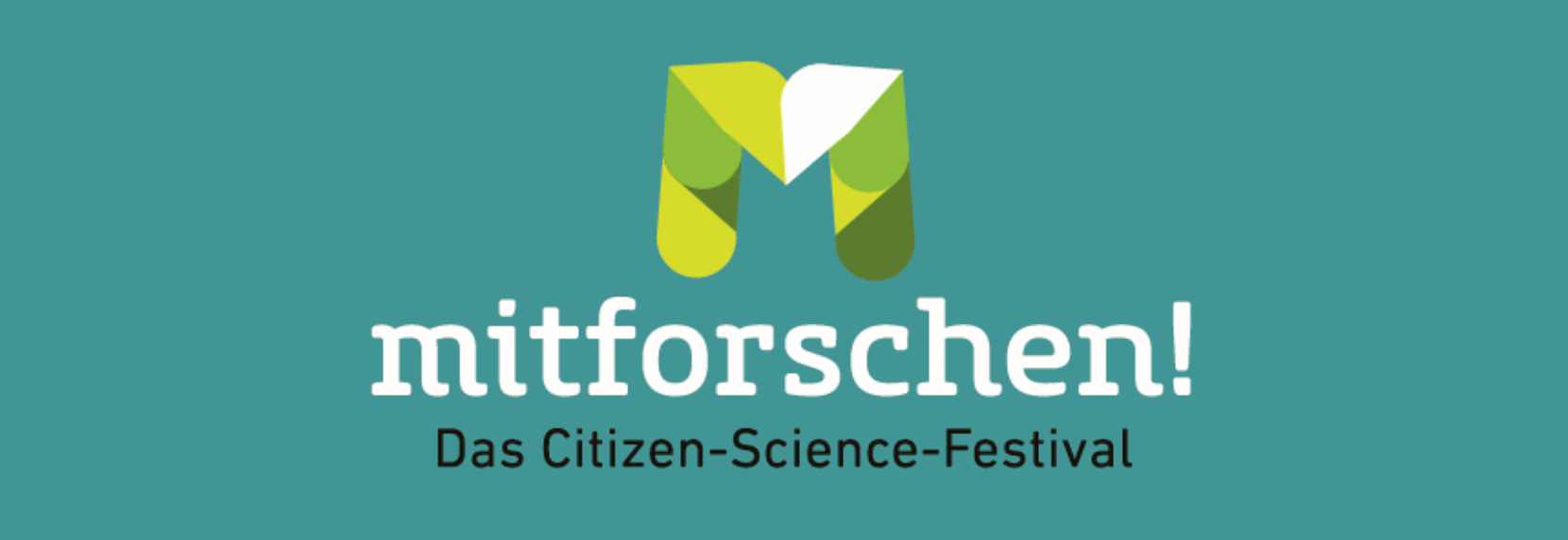
Mitforschen! The Citizen Science Festival
Lucie Steigleder
Sept. 18, 2020, 1:10 p.m.
Article by Daniela Unger/WiD
10:00-18:00, 14-15 October 2020
KulturBrauerei, Berlin
Why do bee colonies die? How clean is our environment? In what ways is it affected by climate change? Citizen science projects will be asking these and many more questions at ‘Mitforschen! The Citizen Science Festival’, held on 14-15 October at the KulturBrauerei in Berlin.
The festival offers Berliners an insight into citizens’ research, and is the bridge between the public and the international citizen science conference ‘Knowledge for Change’, which is taking place at the same time. The conference focuses on how citizen science can contribute to supporting sustainable development goals (SDGs).
The Mitforschen! festival aims to make citizen science on sustainable development accessible to a broad audience – including people who have not been involved in citizen science before. It also aims to make the range of SDGs visible. National and international projects will present their results in the KulturBrauerei and invite people to participate in their research.
For biodiversity projects, co-researchers can observe animals in their environment and make the data available via apps without much effort. For example, the project ‘Spurensuche Gartenschläfer’ (Tracing Garden Sleepers) investigates why the habitat of ‘garden sleepers’ is increasingly being minimised and in which German areas it still occurs today. ‘Bee Observer BOB’ digitises beehives to identify risks and challenges for honey bees and to counteract bee mortality.
Environmental protection and climate change also make citizen science more tangible. In the project ‘Plastic Pirates - Go Europe!’, school classes collect and document plastic waste in water bodies. In the Netherlands, citizens measure the global impact of climate change on the environment using solar energy and satellite links in the project ‘Meet je Stad!’.
Projects also address challenges beyond environmental issues. In ‘careables – making healthcare’, experts work together with people with special needs and their carers to develop health concepts that enable an inclusive and sustainable life without barriers. ‘Research without (age) barriers’ is dedicated to urban gardening and shaping life in old age, among other things, and focuses on gender and generational justice.
In addition to the project stands, there are information workshops and a rally where young and old can get an insight into everyday life in the field of citizen science under their own initiative. The event is free of charge for visitors, with no advance registration is necessary.
The festival is organised by Wissenschaft im Dialog in cooperation with the Museum für Naturkunde and the European Citizen Science Association (ECSA). It is funded by the German Ministry of Education and Research (BMBF) and supported by the European Commission (European Union's Horizon 2020 research and innovation programme under grant agreement No. 101000014).
A comprehensive hygiene concept has been developed for the implementation of the festival. This takes into account all the requirements of the German government and the Berlin Senate. On the entire festival site, masks are compulsory, disinfectants are provided and the number of people is limited to a maximum of 200. The complete catalogue of measures will be available on the website from mid-September. The current situation will be continuously evaluated and taken into account in planning.